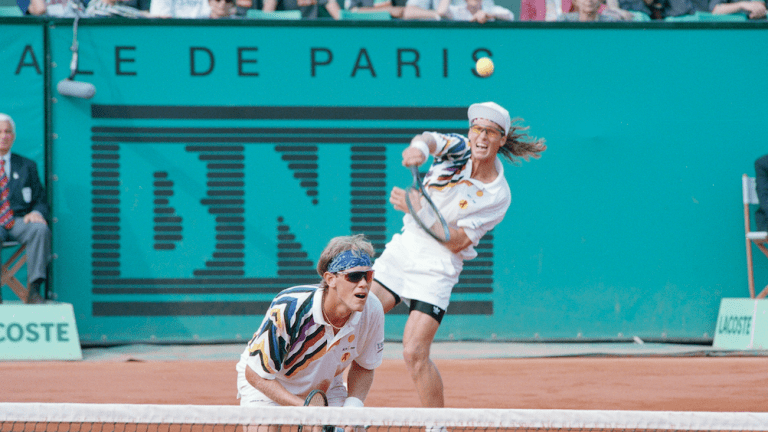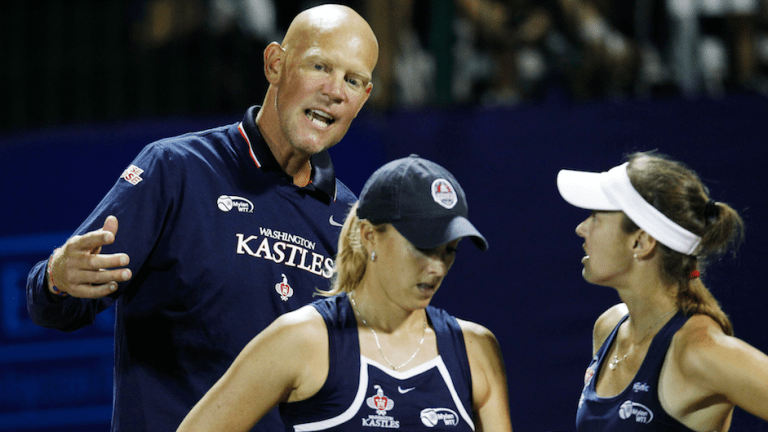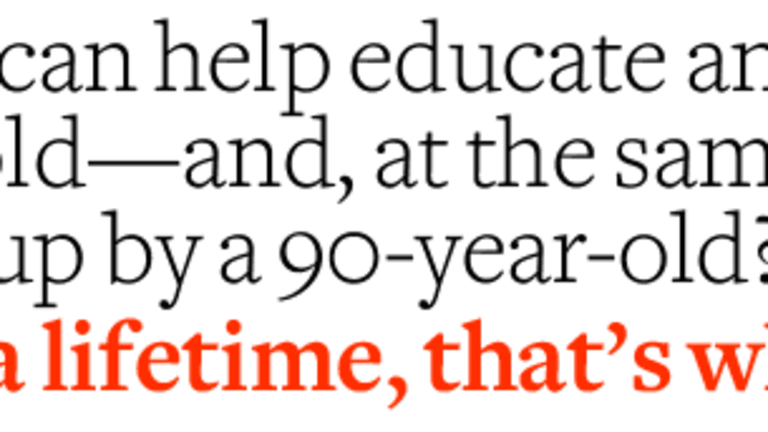Only when Murphy Jensen hit rock bottom did he find what he needed
By Oct 31, 2017Hall of Fame President Stan Smith is one of tennis’ great ambassadors
By Dec 03, 2017Maurica Katz uses tennis to better the lives of thousands of children
Dec 02, 2017Meet the 10-year-old boy who beat cancer and inspired Roger Federer
By Nov 01, 2017Weathering the Storm: The story of Tulane tennis and Hurricane Katrina
Nov 01, 2017CT Open's Anne Worcester is everything a tournament director should be
By Oct 31, 2017An 81-year-old high-school coach's no-cut policy has been a win-win
Oct 31, 2017With endless dedication, UCLA's Grant Chen is the ultimate team player
By Oct 31, 2017In keeping a tennis club alive, Ray Habib created a vital community
By Oct 31, 2017After spending a lifetime in the sport, Mike Mullan keeps on learning
By Oct 31, 2017Only when Murphy Jensen hit rock bottom did he find what he needed
heroes tennis channel 2017
Published Oct 31, 2017
Advertising

Only when Murphy Jensen hit rock bottom did he find what he needed
Advertising

Only when Murphy Jensen hit rock bottom did he find what he needed
Advertising

Only when Murphy Jensen hit rock bottom did he find what he needed